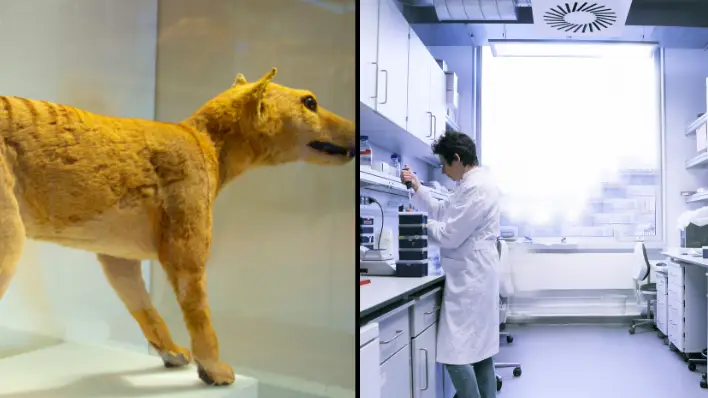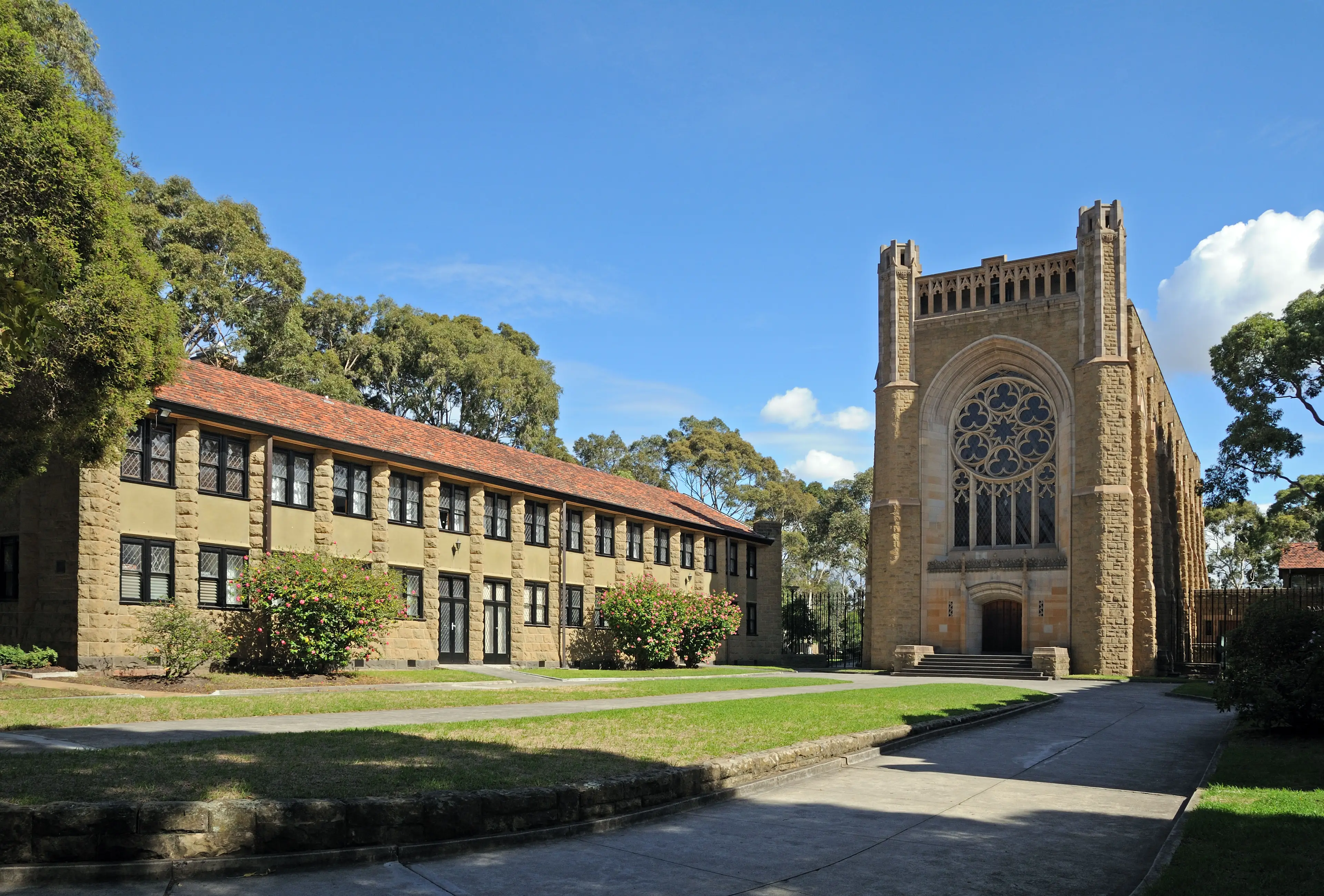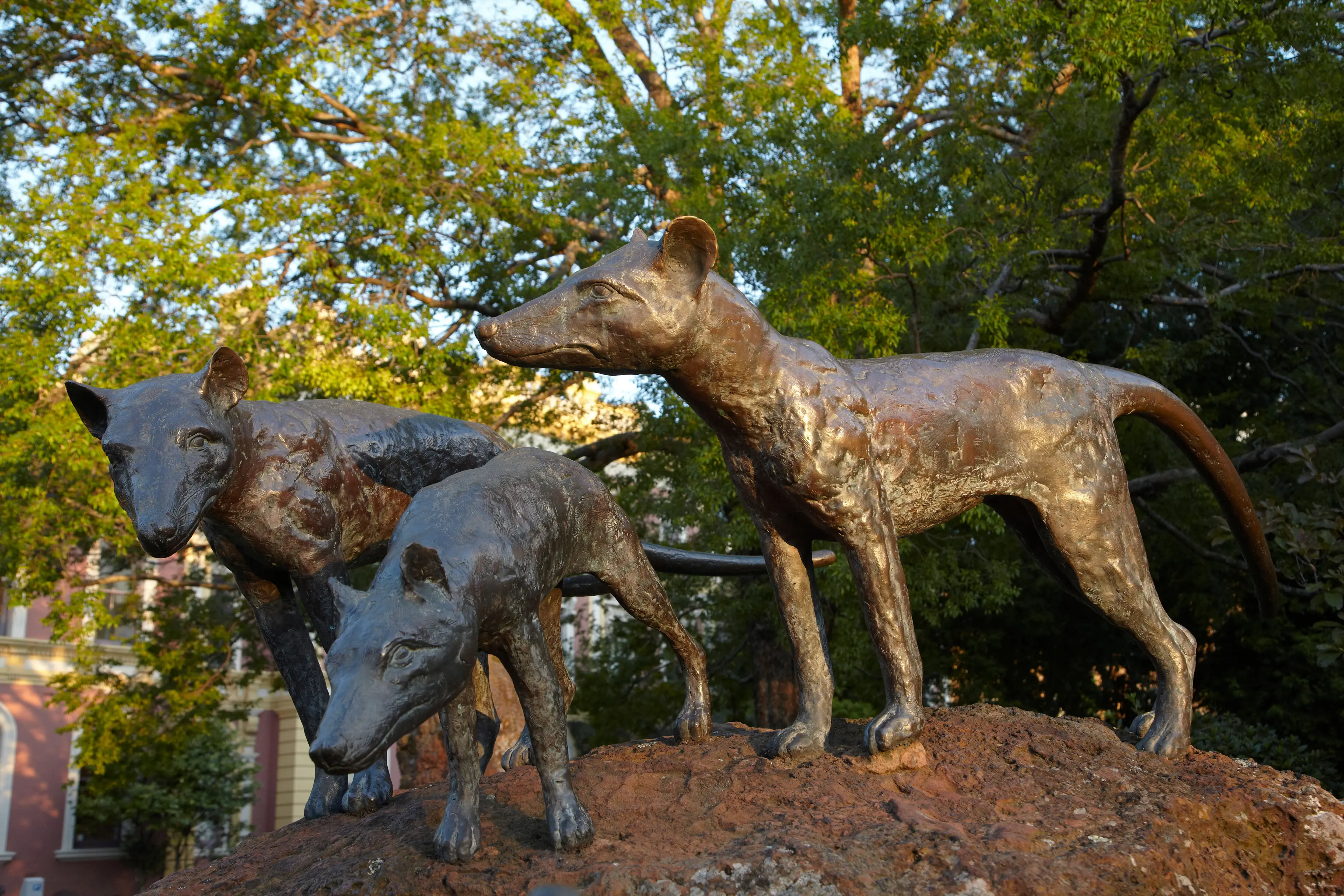
A group of researchers from the University of Melbourne plan to bring back the Tasmanian tiger or thylacine thanks to a $5 million philanthropic donation made by the Wilson Family Trust.
Thylacine Integrated Genetic Restoration Research (TIGRR) Lab will be led by University of Melbourne marsupial evolutionary biologist and Tasmania tiger expert Andrew Pask. He says the project aims to bring back the Tasmanian tiger while developing crucial tools helping to preserve endangered species.

Professor Pask said: “Thanks to this generous funding we’re at a turning point where we can develop the technologies to potentially bring back a species from extinction and help safeguard other marsupials on the brink of disappearing.”
Advert
Our research proposes nine key steps to de-extinction of the thylacine. One of our biggest breakthroughs was sequencing the thylacine genome, providing a complete blueprint on how to essentially build a thylacine.”
Thylacine once was widespread in Australia, but once Europeans had migrated, many were confined to Tasmania, with the last known Tasmanian tiger dying in 1936.

39 Australian mammal species have become extinct in the past 200 years. Nine species are currently critically endangered and at high risk of extinction.
But this isn’t the first time scientists have attempted to resurrect the marsupial. In the late nineties, palaeontologist Michael Archer took over as director of the Australian Museum and launched a $57 million project to clone the tiger from old specimens. But limited by technology at the time, the project was called off in 2005.
However, critical scientific breakthroughs since then could help create the blueprint for cloning an extinct species by piecing together its complete genome (DNA).
Trust Head Russell Wilson said he was deeply invested in the thylacine story and its extinction, prompting him to support the ambitious project.
Wilson came across Professor Pask’s work with developmental genetics online and was touched by his love for Australian marsupials.
“We came across Professor Pask’s incredible work, believe it or not, via some YouTube clips on him talking about his research and passion for the thylacine and Australian marsupials.
We realise that we are on the verge of a great breakthrough in science through improvements in technology and its application to the genome.”
“The benefits of this open research will be wide and varied.”